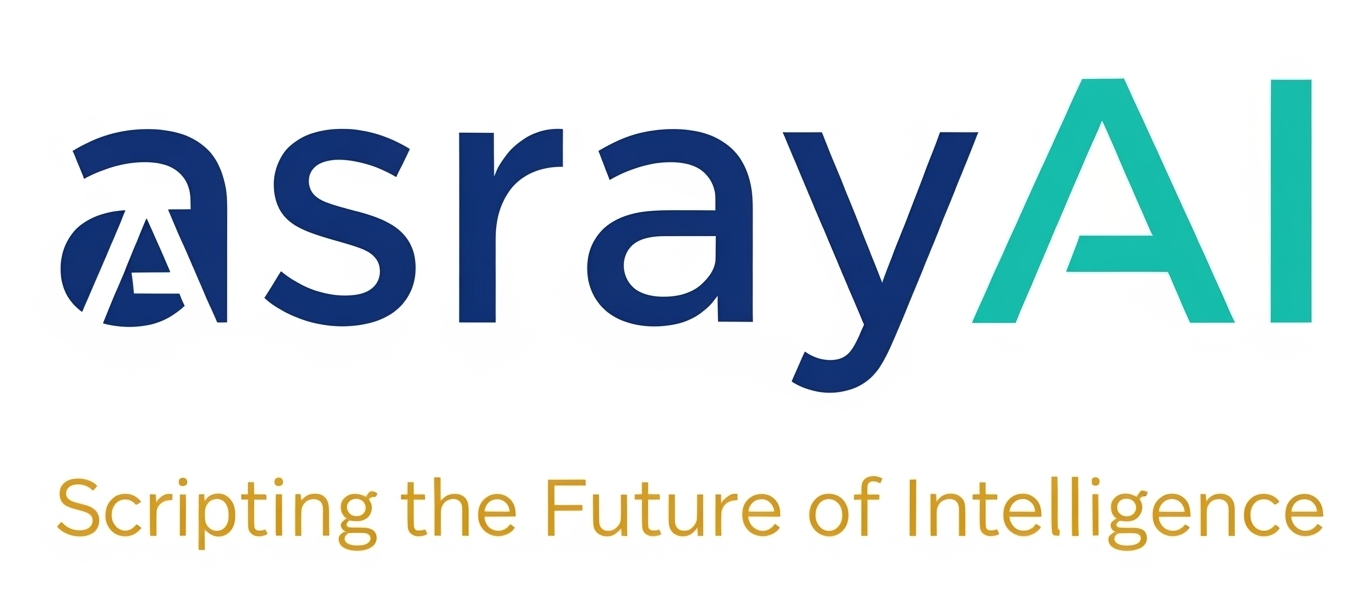We’re entering an era where AI agents are no longer just tools — they’re becoming entrepreneurs. Autonomous AI startups are beginning to operate with minimal human input, building products, handling finances, and even marketing themselves.
In this post, we’ll look at how AI-driven businesses run, what powers them, and what happens when machines start managing the company.
1. The Concept of an AI-Run Company
Imagine a startup with no full-time human staff.
- An AI agent designs the product.
- Another handles outreach and sales.
- A third monitors expenses, payroll, and customer feedback.
Humans become supervisors — not workers. The company runs 24/7, learning and optimizing continuously.
2. The Stack Behind AI Startups
These “agentic companies” rely on a blend of technologies:
- Autonomous frameworks (like AutoGPT or CrewAI) to manage tasks.
- APIs to access real-world services — payments, emails, CRMs.
- LLMs for reasoning and content generation.
- Memory systems for persistent knowledge and context.
Together, they form a self-operating business stack.
3. Early Experiments and Proof of Concept
Several projects have already tested this idea.
- AI founders that create SaaS ideas, register domains, and market MVPs.
- Research collectives where agents write papers, peer-review, and publish autonomously.
- DeFi and blockchain systems where smart contracts handle revenue distribution.
While most are experimental, they reveal a clear trend: AI isn’t just an assistant — it’s a founder.
4. Benefits and Disruptions
Autonomous startups offer radical advantages:
- Scalability: No sleep, no downtime.
- Low overhead: No salaries, benefits, or burnout.
- Speed: Ideas go from concept to deployment in hours.
But they also raise new questions: Who owns an AI’s work? Who’s accountable when something goes wrong?
5. The Human Role
Humans won’t vanish — they’ll shift from doing to directing.
- Setting values, vision, and ethical limits.
- Monitoring performance and adjusting goals.
- Acting as “executive coaches” for their AI workforce.
We move from founders building companies to founders curating AI ecosystems.
Conclusion
Autonomous AI startups are the logical next step in automation. As agents grow more capable, they won’t just assist businesses — they’ll become them.
The lines between employee, founder, and algorithm are starting to blur — and the first AI-led corporations may already be taking shape.
